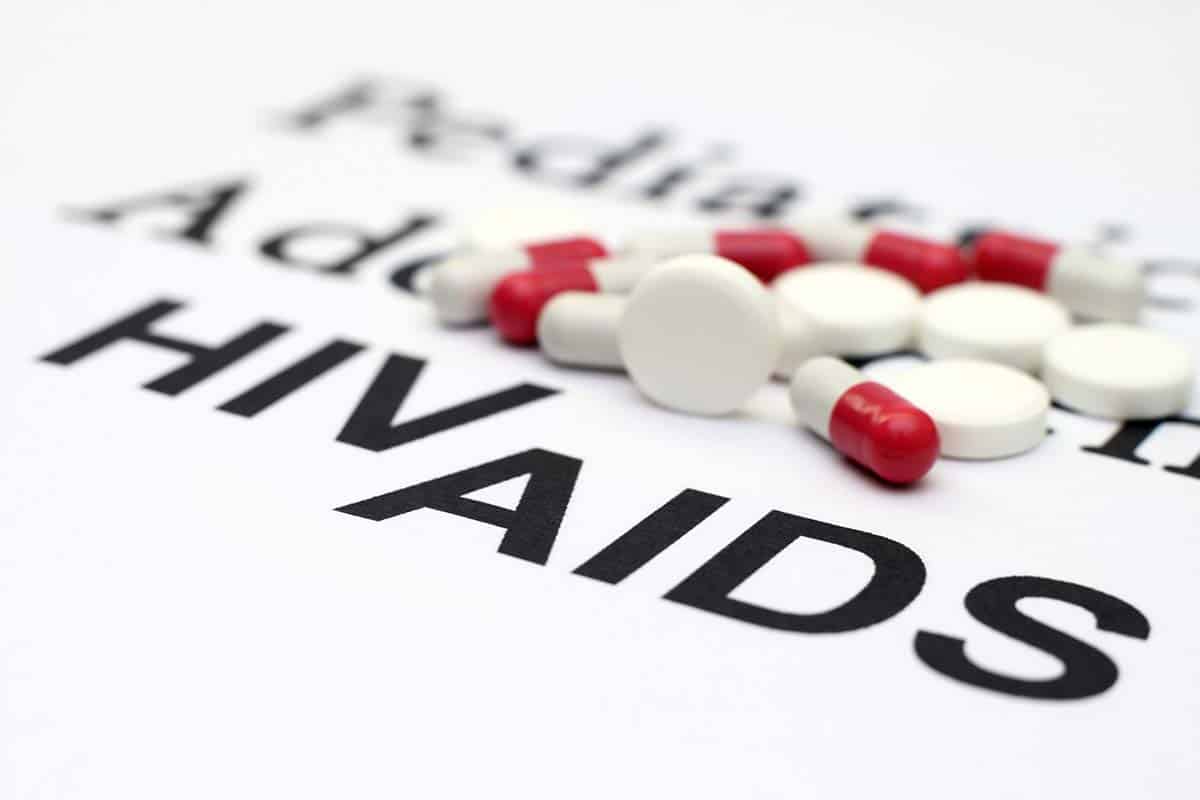HIV and sexual health in Spain: a favorable situation, but there are still unresolved problems

Spain has made significant progress in the fight against HIV in recent years, reducing the number of new diagnoses and moving towards the 95-95-95 targets for 2025. However, the country’s sexual health landscape poses serious challenges. This is stated in the report “Perspectives on HIV and sexual health in Spain”, which was presented during the visit to Spain.
Among other concerns, the report notes “an alarming increase in other sexually transmitted infections (STIs), as well as persistent inequalities in access to health care for vulnerable groups such as migrant men with GBMSM, transgender people, and people aging with HIV. legal, cultural and health care access barriers.”
The study highlights that sexuality in Spain is “undergoing a transformation marked by pleasure-seeking and reduced fear of HIV, driven by PrEP and dating apps.” It also highlights emerging issues such as “chemsex and loneliness, especially among men.”
The study, which was presented in Madrid by the Minister of Health, Javier Padillawas held in the context of a visit by the Executive Director of Onusida AIDS, Winnie Byanyima, and was moderated and attended by Julia del Amo, Director of HIV, STIs, Viral Hepatitis and Tuberculosis Control. Jaime García Iglesias is the lead author of the report and an academic at the University of Edinburgh.
Regarding the health care system and its predominant biomedical approach, García Iglesias believes that it is effective in improving the survival of people with HIV, but does not address the emotional, psychological and social aspects of sexual health. Care is fragmented and uncoordinated, and health staff are not adequately trained to integrate all these aspects.
While at the political and public level there is an increasing politicization of sexual health and a lack of interest in HIV on the political agenda, weakening institutional responses. Community-based organizations, despite their critical role in caring for people with HIV, are overburdened and under-resourced.
Finally, the author identifies a sociocultural crisis that underlies many sexual health issues, including a lack of space for dialogue and the need for comprehensive sexuality education that focuses on pleasure, consent, and a positive outlook on sexuality.
Among Spain’s recommendations, the report calls for a deeper understanding of the reasons for the rise in STIs and chemsex, as well as the specific needs of vulnerable groups. On the other hand, this requires facilitating migrants’ access to health care and PrEP, as well as developing interventions to meet the needs of people aging with HIV.
In terms of care, he calls for promoting a holistic approach to sexual health, including emotional, psychological and social aspects, as well as improved training for health care personnel, as well as increased funding for community organizations, increased participation in policy development and improved coordination among them. third sector and government agencies.
Finally, the need for sexuality education: to develop comprehensive sexuality education that includes pleasure, consent and a positive view of sexuality.
